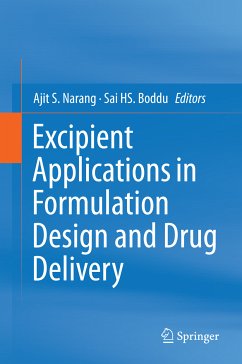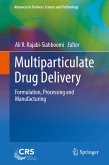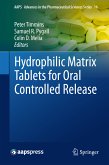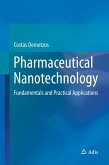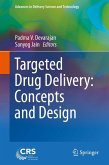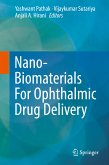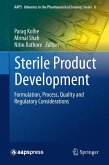In recent years, emerging trends in the design and development of drug products have indicated ever greater need for integrated characterization of excipients and in-depth understanding of their roles in drug delivery applications. This book presents a concise summary of relevant scientific and mechanistic information that can aid the use of excipients in formulation design and drug delivery applications. Each chapter is contributed by chosen experts in their respective ¿elds, which affords truly in-depth perspective into a spectrum of excipient-focused topics. This book captures current subjects of interest - with the most up to date research updates - in the field of pharmaceutical excipients. This includes areas of interest to the biopharmaceutical industry users, students, educators, excipient manufacturers, and regulatory bodies alike.
Dieser Download kann aus rechtlichen Gründen nur mit Rechnungsadresse in A, B, BG, CY, CZ, D, DK, EW, E, FIN, F, GR, HR, H, IRL, I, LT, L, LR, M, NL, PL, P, R, S, SLO, SK ausgeliefert werden.

